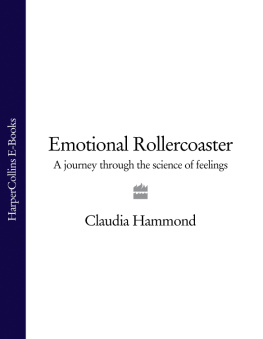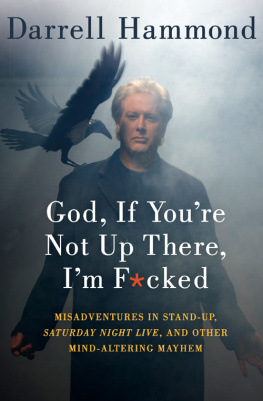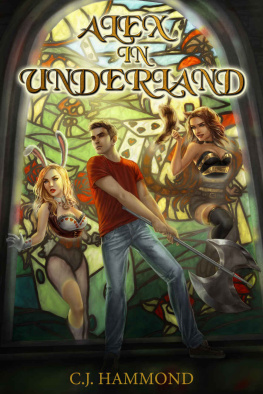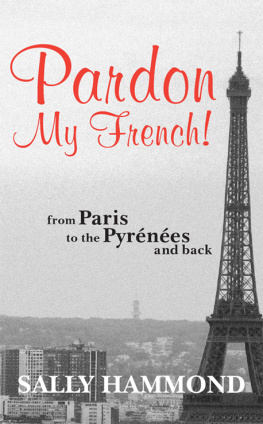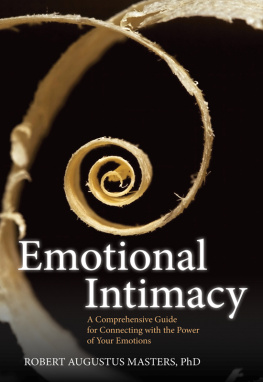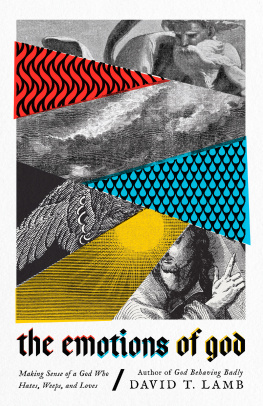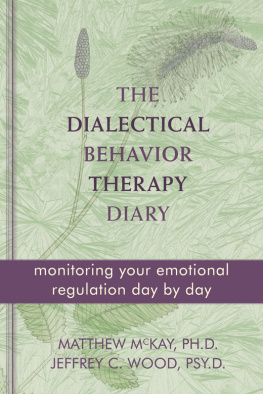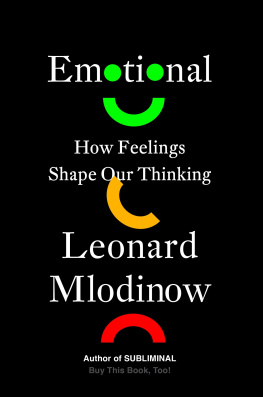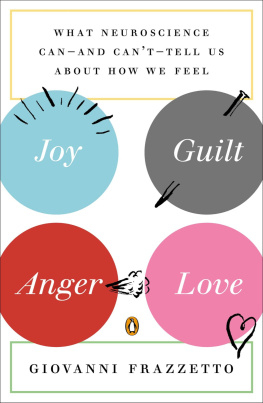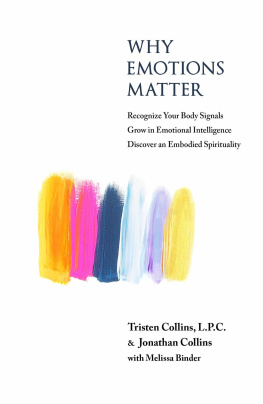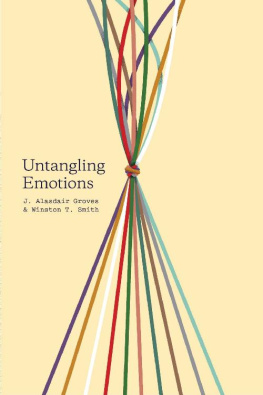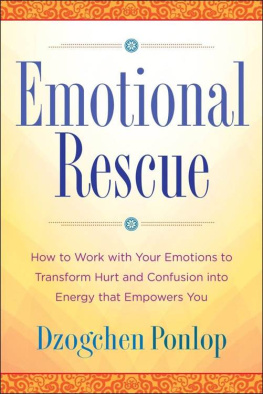For Nick and Bonnie
Germany, October 1944
Reg lay down on his bunk in the German prisoner of war camp to read the longed-for letter which had finally arrived in the latest Red Cross parcel. In the officers camp at Eichstatt near Munich he and the other 600 prisoners slept twenty to a room. Much of the time he was both cold and hungry. It was the letters from Marjory, the stunning dancer he had met at the outbreak of the war, that kept him going. But for three months he had heard nothing.
The dapper, dark-haired army officer had first spotted her when she was one of eight dancing girls in a Max Miller show at the Holborn Empire in London. She looked like a film star with her mass of blonde hair and her long, long legs. Had he not needed to catch the last train home straight after the show, he would have waited outside the theatre in the hope of meeting her. She was gorgeous and he was besotted, but would she even have noticed him among the other stage door Johnnies? There must be some way he could get to know the lovely dancer.
He was in luck. A neighbour of his parents knew Marjory and promised to pass on a message. Might he be permitted to write to her? Yes, she would like that. And perhaps they could meet for afternoon tea? Yes, that would be very nice. Reg was overjoyed, sensing that Marjory was the girl for him. But the war was to intervene. Before that first date his territorial army regiment was suddenly dispatched to Lille in France so, determined to remain optimistic, the young subaltern arranged to meet her when he came home on leave two months later. The day of their date soon arrived but Reg did not. Marjory heard that Reg was listed as missing in action and at first feared that he had been killed. However, soon the news came through that he had been captured on 12th June 1940 at St-Valery-en-Caux, just south of Dieppe. Now he was a prisoner of war in Germany. Theirs was to be a love affair by letter.
Usually Marjorys letters lifted Regs spirits but as he opened the envelope he sensed something was wrong. There was something not quite right about the handwriting; it wasnt Marjorys, it was her mothers, and she was writing with bad news. With the London shows long since closed and determined to contribute to the war effort, Marjory had been working as a convoy officer with the Auxiliary Territorial Service. She lived with twenty-five other young women in a manor house in Kent and each day they set off to collect military trucks, ensured they were filled with the correct equipment and drove them off in a long line, always observing the mandatory distance between each truck, to wherever the army required them. But one morning Marjory had such bad stomach pains that she was unable to work so the other girls left without her. A couple of hours later she heard the familiar pulsating motor of a doodlebug overhead. It sounded like a small plane chugging along through the sky until the engine suddenly cut out. She waited to see where it would drop, praying that it wasnt on her. She was used to that slow ten or eleven seconds where you were temporarily suspended between life and the possibility of imminent death until you heard the explosion some distance away and for you, at least, life continued. But this time things were different. The bomb fell directly onto the roof of the manor house, collapsing all three storeys deep down into the cellars. Marjory was left trapped under the rubble, pinned down by an oak beam which had crushed her legs. As she lay in agony amid the debris of the building she tried to scream but couldnt. She listened in silent terror as the neighbours explained to the firemen that luckily the house was empty because all the girls were out at work. No, they couldnt leave her here. Dont go! As she heard the firemens voices become more distant, she managed to cry out in panic, but even after her screams were heard, each brick and beam had to be lifted off by hand and it was another four hours before they reached her. Realising she was pinioned by the beam with both her back and pelvis broken the emergency services decided there was only one way to get her out and Marjory overheard their plans: Theres nothing for it, well have to amputate her legs. She refused to let them, demanding they find another way. She didnt care how much it hurt. They did manage to extricate her but when she was finally examined in hospital the news was bad; as well as five fractures to her pelvis, her back was broken in two places resulting in paralysis from the waist down.
Reading the letter in his bunk in the prisoner of war camp Reg imagined poor Marjory trapped beneath the rubble and was reminded of the fear of his own experience of being buried alive only months before. He had been in a group digging an escape tunnel when the officer in front of him accidentally hit a live cable. The roof of the tunnel collapsed on top of them, leaving him lying face down, trapped in the earth, stones and dust that had showered on top of them. He was terrified and called out to the man in front. Then he heard voices behind him. His friends were crawling in through the debris to rescue them. He felt them grab his ankles and then the pain as they dragged him out backwards, the skin ripping off the front of his shins and knees. When he eventually reached daylight he realised that apart from his grazed legs he was uninjured, but when they hauled his friend out next, his body was limp; he had been electrocuted.
Putting the frightening memories out of his mind, Reg concentrated on what had happened to Marjory. Anger replaced his fear. The Germans could do whatever they wanted to him, but how could they drop bombs on a lovely girl like Marjory? How could they do this leaving her paralysed when shed done nothing wrong? He left his bunk, rushed out of the room to find some German guards and then spewed abuse at them. As a result he found himself locked in an underground cell in solitary confinement. Usually this punishment didnt bother him. In a crowded camp with 600 officers time to himself was rare and so a spell in the underground cell held a certain peace not available elsewhere in the camp, but this time he spent the lonely hours alternating between fury with the Germans and sadness that he couldnt even comfort poor Marjory. There was a third emotion too and that was hope. He wished more than he had ever wished for anything that she might get better.
While Marjory was in hospital, equally hopeful and determined that she would learn to walk again, Reg remained in Oflag VI. B, waiting for the war to end. During the day the other ranks left their camps to go out to work on local farms, but the Geneva Convention forbade Reg and the rest of the officers from working, with the exception of voluntary work collecting fir cones to put on the fire. The remainder of the time their main distraction came from planning the next escape attempt. After years of malnutrition Reg knew it wouldnt be him escaping; you needed to be strong to stand a chance, but even helping others to escape gave him hope. Despite the years of boredom and deprivation, he and his fellow POWs even experienced moments of joy. What kept us going was seeing the funny side of things. Such little things really. If a Germans hat blew off on the parade ground, we all clapped and laughed. They particularly looked forward to the special items which were smuggled into the camp. Among these were fountain pens and shaving brushes, or at least thats what they appeared to be. In fact they contained a chemical with an indelible, noxious smell. The POWs would blunder into passing German guards, press the pen against them and activate the plunger, thus saturating their uniforms with the stinking chemical. With only one uniform apiece and no way of removing the chemical, the guards were forced to go about their duties smelling foul a blow for German pride and a boost for British morale.
Next page
